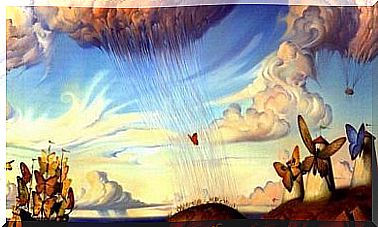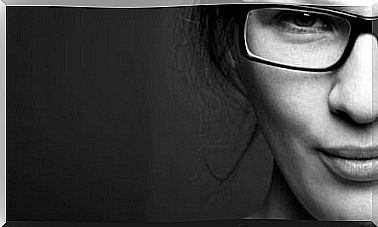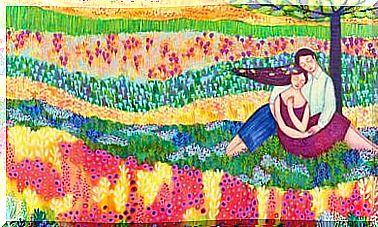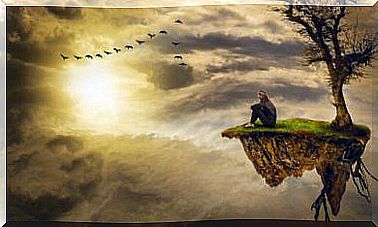Matrix: Questioning Reality
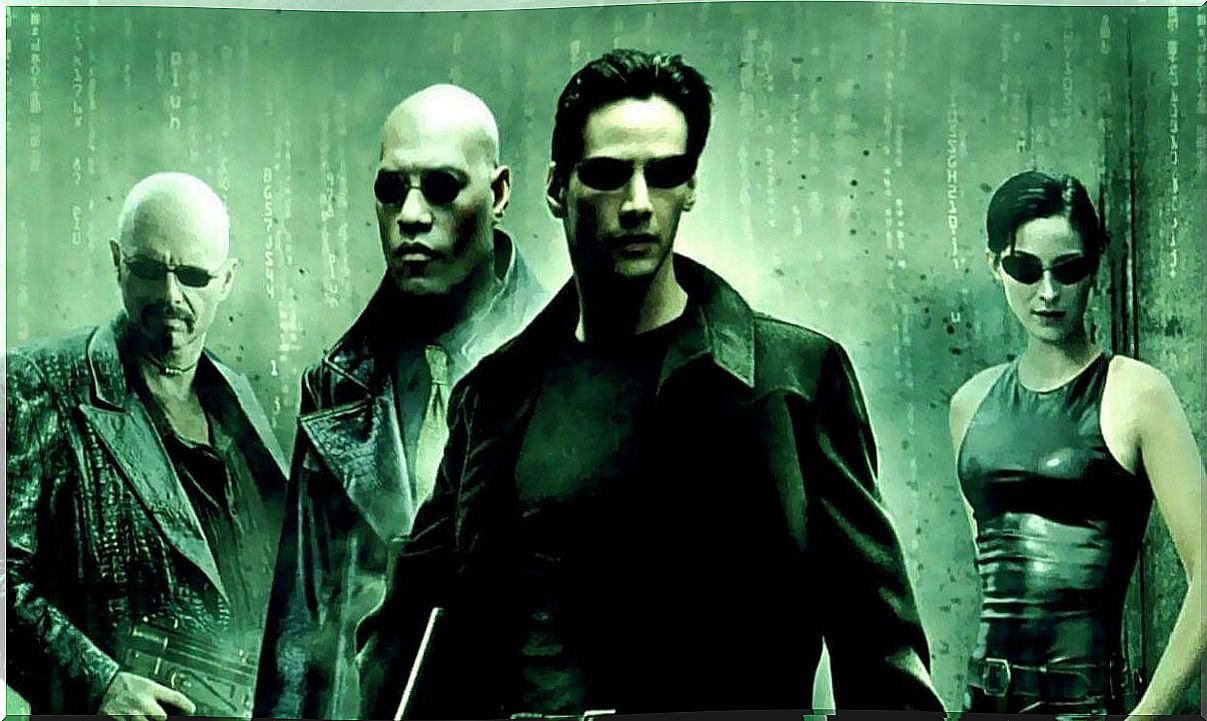
What is Matrix? That’s the question that runs through the minds of the protagonist, Neo, and the spectator who sees the film for the first time. Nowadays, the Wachowski sisters trilogy is well known by the public, as many analyzes have already been made about the films and, on some occasions, they are used to complement some Philosophy classes.
I’m not going to comment on the entire trilogy, but on the first movie, because it’s usually the most significant and the one that causes the most questions. It is difficult to summarize in a single article all the points worthy of analysis that appear in the film, so I will concentrate on making a global analysis of some of the sensations that the viewer has after watching the film, without dwelling too much on any particular issue. .
How can we know if we are awake? What is real? Of course, many people who saw the movie asked these questions. Many of us have had the impression of not acting with complete freedom, many of us already think that our actions are predetermined (or heavily influenced), or that we live in an eternal constant return, very characteristic of Nietzsche; including, that we are being manipulated and controlled, and that we are inside a dream.
Matrix answers all these questions; it is a kind of contemporary myth, a solution to some of humanity’s dilemmas.
Technological advances that were born to make our lives easier ended up enslaving us. More and more intelligent machines gained a will of their own, reaching and surpassing human intelligence. However, energies are running out, resources are scarce and machines need to feed themselves; thus, after a war, machines enslaved humans, turning them into their food source.
Humans were then forced to live in a dream, to sleep their entire lives connected to machines that now feed on them.
An unhappy and grim future that, however, seems less and less unreasonable. Some humans managed to resist and live in the only free city, Sion, from where they access the Matrix with the intention of freeing more humans and waging a fight to get out of slavery.
A science fiction plot, yet charged with criticism, full of power and capable of making us rethink our own reality. How do I know I’m not living a dream? Do I own my decisions?
What is Matrix?
First I will try to answer the question with which we started the article: what is the Matrix? Morpheus himself responds to this saying: “it is the world that was placed before your eyes to hide the truth” , that is, the Matrix is a lie, a deception for the senses; it is not real, but we perceive it as such. This undoubtedly takes us back to the Platonic myth of the cave.
Plato said that the senses are deceptive, that they are unreliable. For those who don’t remember, the myth of the cave introduces us to humans who live with their feet and hands imprisoned, observing the bottom of a cave. Behind them there is a burning fire, which casts shadows on the background they gaze upon. For these humans, that background is reality, as it is the only thing they know, the only thing they have access to and perceive from the senses.
If one of these humans manages to escape, he will have access to the real world, to knowledge. In the beginning, this light will blind his eyes, he will feel pain and he will have to adapt. Upon returning to the cave, his companions will likely think he is lying and will want to kill him. These companions only know one reality and, as a consequence, they will protect it, as it is their reality and they do not want it to be in danger.
This story reminds us a lot of times past, such as the reception of the discoveries of Galileo and Copernicus. In The Matrix, Neo has a suspicion, an idea that runs through his head. As in Alice in Wonderland, Neo will follow a rabbit that will lead him to fall into a hole, but in this case he will not reach a fantastic and unreal place, but the real world, the world of ideas that Plato suggested .
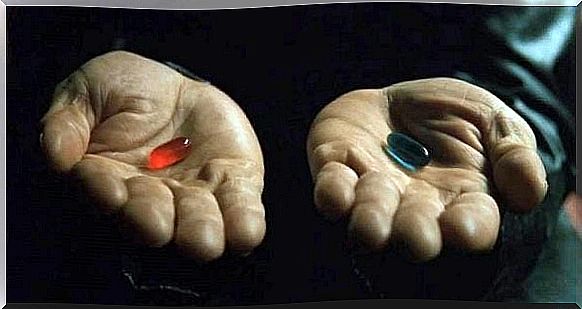
The interesting thing about The Matrix is that, in addition, the film offers its answer to “reality”, referring to things as everyday as déjà vu, giving it meaning, molding it to the proposed system. The Matrix is a kind of virtual reality in which we are all sleeping and living as if it were real.
Isn’t it true that when we put on VR glasses, even though we know it’s not real, our feelings interpret it as if it were? This is precisely what happens in The Matrix: sensations are perceived as real and, as a result, we no longer question whether we are awake or not.
On the other hand, these questions asked by Neo about his reality remind us deeply of Descartes, who was the one who solved the problem by talking about an evil genius who manipulated and deceived us, just like the machines in the Matrix. Descartes doubts everything and The Matrix makes us doubt our senses too.
All this brings us, in turn, to the philosopher Hilary Putnam, who suggested something similar to the evil genius, but renewed. How do we know we’re not brains stored in buckets? How can we know that we are not living a shared dream? This is what Putnam suggested and also what we see in The Matrix, a simulation shared by everyone, without being aware of the nature of what we are experiencing.
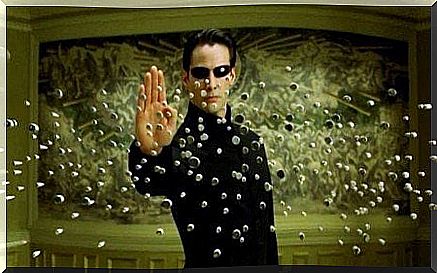
We are free?
If we live trapped in a shared dream that we don’t own either, we must ask ourselves if destiny exists and if our actions are really ours. One of the most interesting characters in this regard is the Oracle, as it is he who tells Neo that he has the ability to decide, that he alone is the owner of his decisions, and the curious thing is that, precisely, the Oracle is the character connected to the destination.
The film is constantly based on decisions: red pill or blue pill, knowing the truth or not. This freedom to decide was related to Sartre’s Existentialism.
If there is no destiny, if there is nothing predetermined, then we are the ones who, with our decisions, shape it. But the film also suggests to us the possibility of a destiny, of something already pre-established and, at the same time, arguments that contradict this appear.
The Oracle will be one of the most important characters at this point, but also Morpheus, whose posture does not deny any of the previous hypotheses: he believes in destiny, but also in the power to decide.
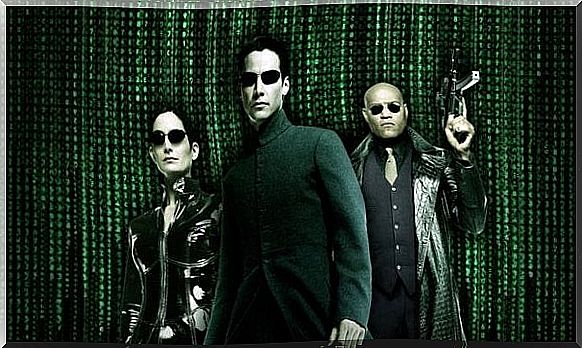
The Matrix also highlights the problem of knowledge and happiness, where we see that the real world the characters arrive in when they exit the simulation is nothing good. There they discover a terrifying truth and find themselves submerged in a world of shadows.
At this point, we must think about whether all this knowledge is good, whether it leads to happiness. Happiness has always been seen as a supreme good, the goal to be achieved throughout human life.
Cifra is the repentant character in the film: he wanted to have access to the truth, but when he got to know it, he decided that he’d rather go back to the unreal world, the fantasy world and ignore reality. Cipher decides he prefers to live a life in ignorance rather than knowing the truth.
The amount of philosophical questions that The Matrix poses is wide and makes us, for a moment, become judges, observers, and ask ourselves questions about our decisions, happiness and the world around us.
Without a doubt, The Matrix is an unmissable film in Philosophy classes, a cinematographic work that aims to provide an answer, erasing prejudices and opening our minds, doubting everything.
